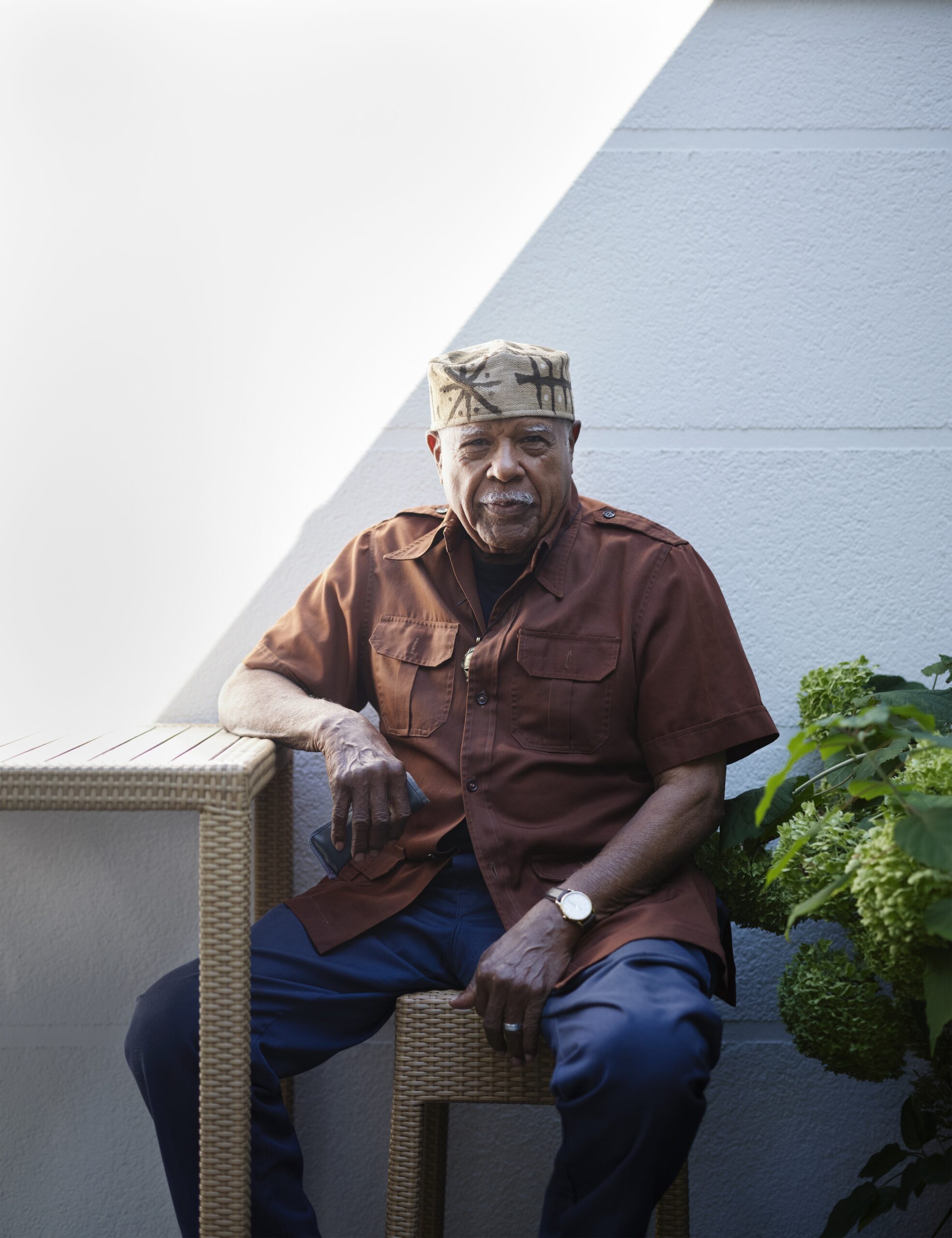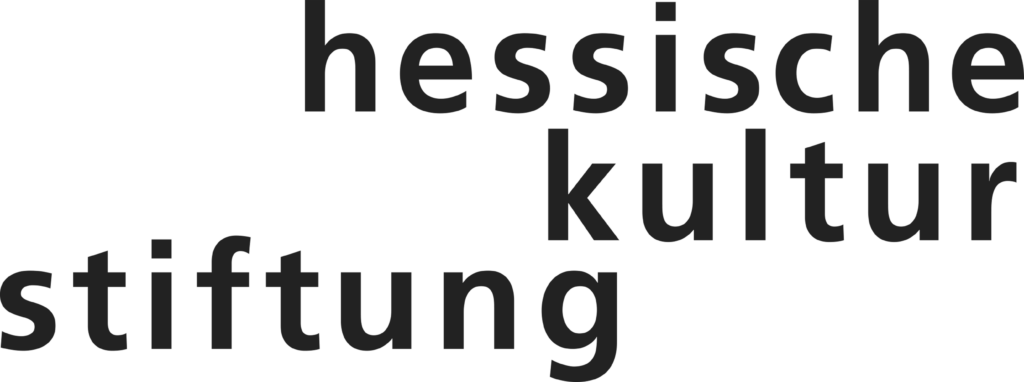Vorschau
 Photo Credit
Photo CreditMELVIN EDWARDS
August 31, 2024 – January 12, 2025
Referencing the questions, concepts, and practices of Modernism, yet clearly rooted in the present, Melvin Edwards has been developing a body of work since the early 1960s that is impressive with its great individuality and stringency. Created from 1963, the works in the Lynch Fragment series form an essential creative strand of the African American artist born in Houston in 1937. For these, he welds together objects made of scrap metal, such as chains, springs, scissors, hooks, railroad spikes or hammers, to create small-format, relief-like wall-mounted works. Despite their abstraction, the works draw on tangible points of reference. The Lynch Fragments evoke thoughts, feelings, and images directly linked to the historical context of the United States of America, from which the civil rights movement of the 1950s and 1960s and the abolition of racial segregation emerged. In this respect, the wall-based works can be read as a clear expression of a socio-political and cultural awareness and accompanying protest. Edwards has also formulated this awareness over the course of numerous trips to Africa and South America, and it has not lost any of its urgency in the present day. It also informs Edwards’ other works with the same intensity, including monumental sculptures, expansive installations made of barbed wire, and works on paper in a variety of forms.
The show at the Fridericianum marks Edwards’ first comprehensive institutional solo exhibition in Europe. It follows on from the artist’s presentations at the Nasher Sculpture Center in Dallas (2015), the Zimmerli Art Museum in New Brunswick (2015), the Columbus Museum of Art (2016), the Museu de Arte de São Paulo (2018), and Dia:Beacon in New York (2022) among others. The show in Kassel also recalls Edwards’ participation in the exhibitions All the World’s Futures as part of the Venice Biennale (2015) and Postwar: Art Between the Pacific and the Atlantic, 1945-1965 at Haus der Kunst in Munich (2016), which were curated by Okwui Enwezor.
With the generous support of the Stiftung Stark für Gegenwartskunst and the Hessische Kulturstiftung.


